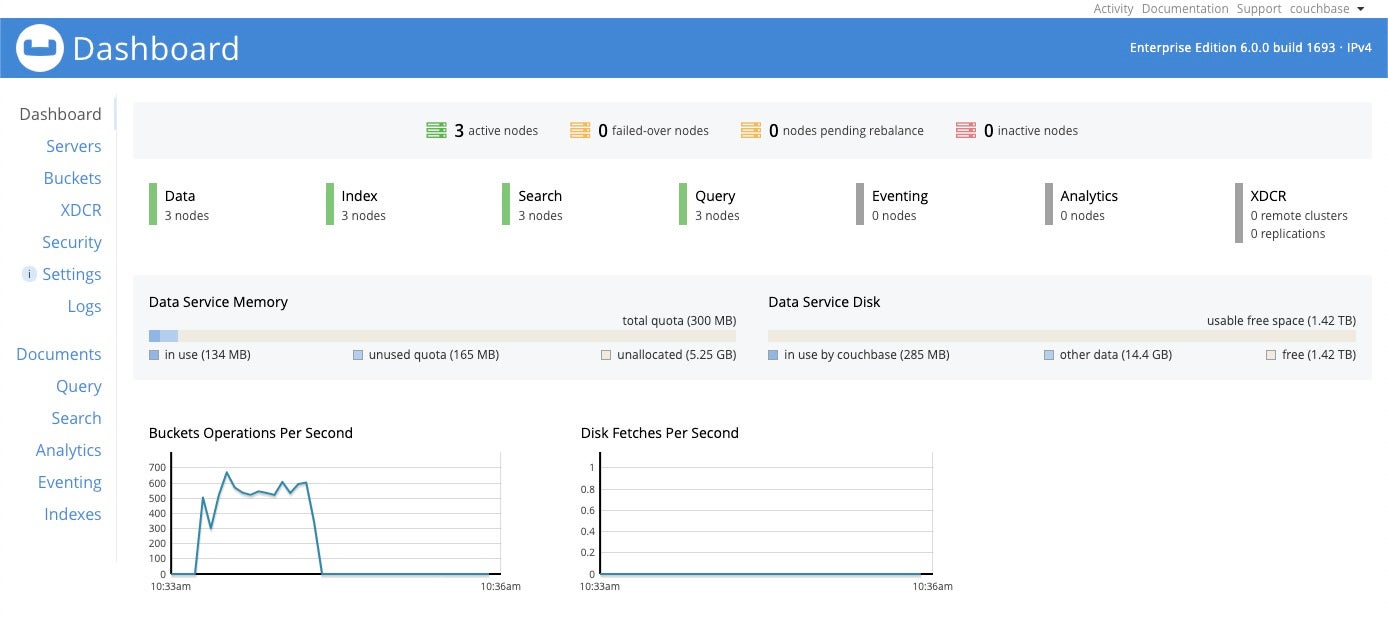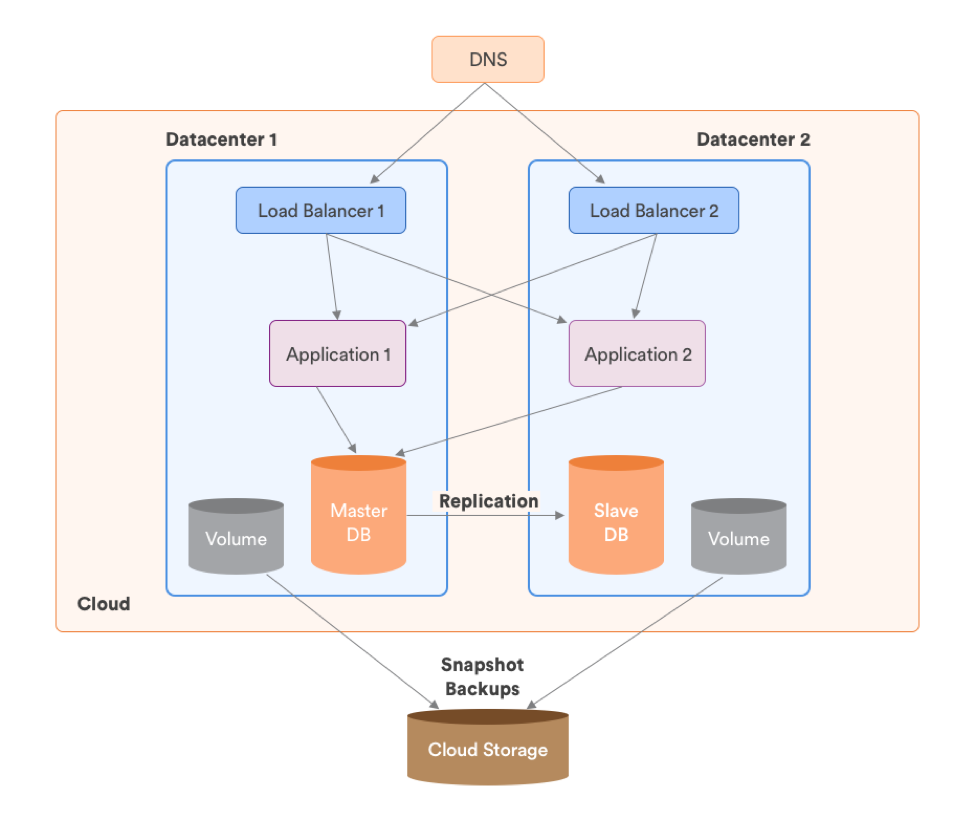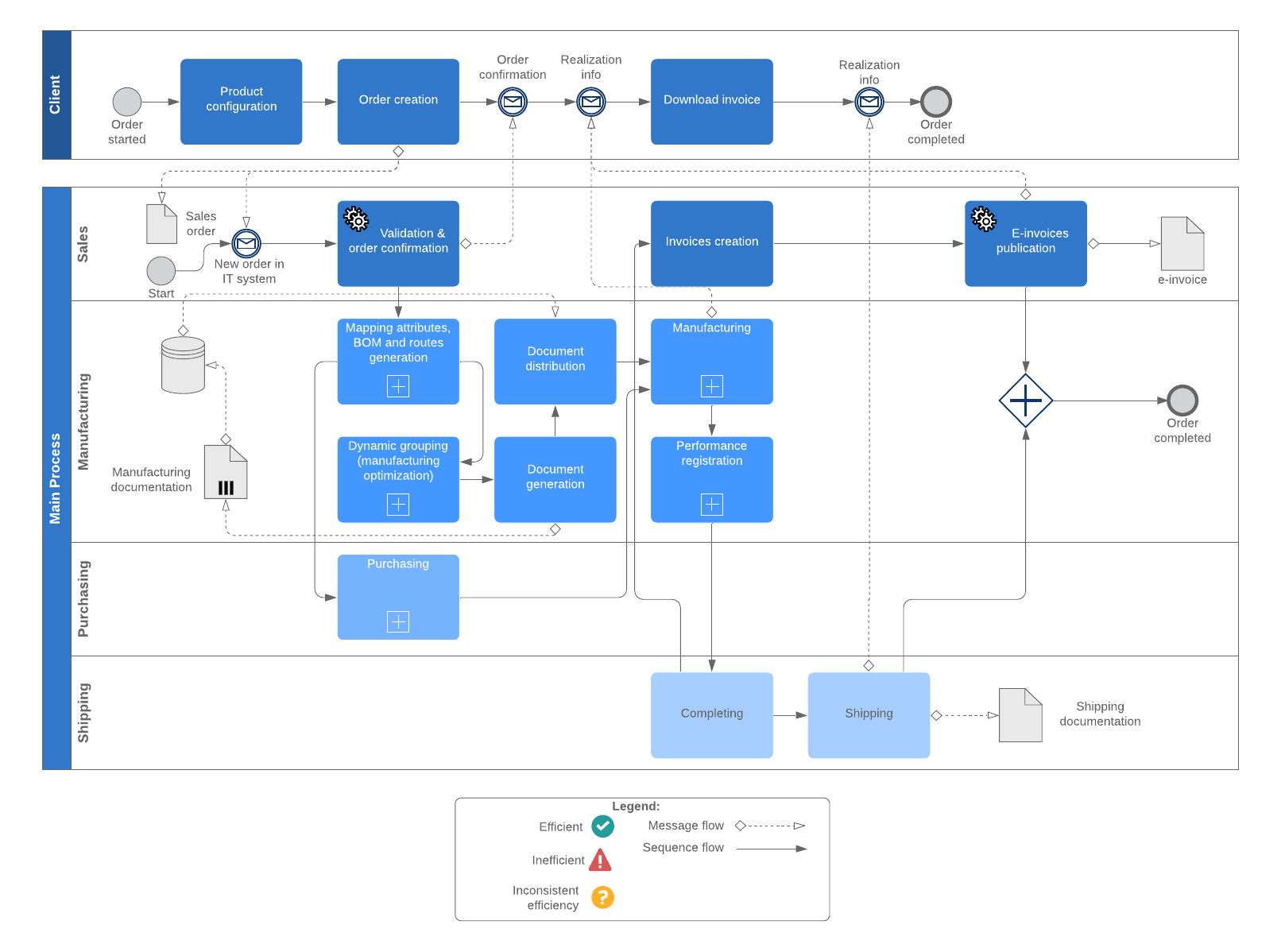The Strategic Implementation of Couchbase in Modern IT Solutions
In the realm of database management and IT solutions, the choice of technology plays a pivotal role in shaping the efficiency and scalability of enterprise applications. Having spent years in the field of IT, particularly focusing on leveraging the power of Artificial Intelligence and Cloud Solutions, I’ve come to appreciate the versatility and edge that certain technologies provide over their peers. Today, I’m diving into Couchbase, a NoSQL database, and its strategic implementation in the modern IT landscape.
Why Couchbase?
With my background in Artificial Intelligence, Machine Learning, and Cloud Solutions, derived from both my academic journey at Harvard University and professional experience, including my tenure at Microsoft, I’ve encountered various data management challenges that businesses face in today’s digital era. Couchbase emerges as a comprehensive solution, catering to diverse requirements – from developing engaging customer applications to ensuring reliable real-time analytics.
Couchbase distinguishes itself with its flexible data model, scalability, and high performance, making it particularly suitable for enterprises looking to innovate and stay competitive. Its capabilities in supporting traversing relationships and executing ad-hoc queries via N1QL, Couchbase’s SQL-like query language, are remarkable. This fluidity in managing complex queries is invaluable in situations where my team and I are tasked with streamlining operations or enhancing customer experience through technology.
< >
>
Integrating Couchbase Into Cloud Solutions
Our focus at DBGM Consulting, Inc. on Cloud Solutions and migration strategy offers a perfect context for leveraging Couchbase. Couchbase’s compatibility with various cloud providers and its cross-datacenter replication feature make it an excellent choice for multi-cloud deployments, a service offering we specialize in. This replication capability ensures high availability and disaster recovery, critical factors for modern businesses relying on cloud infrastructure.
< >
>
Incorporating Couchbase into our cloud solutions has enabled us to optimize application performance across the board. By utilizing Couchbase’s SDKs for different programming languages, we enhance application modernization projects, ensuring seamless data management across distributed systems. Furthermore, Couchbase’s mobile platform extensions have been instrumental in developing robust offline-first applications, aligning with our pursuit of innovation in the mobile space.
Case Study: Process Automation Enhancement
One notable project where Couchbase significantly contributed to our success was in process automation for a financial services client. Tasked with improving the efficiency of their transaction processing system, we leveraged Couchbase’s high-performance in-memory capabilities to decrease latencies and improve throughput. The client witnessed a remarkable improvement in transaction processing times, contributing to enhanced customer satisfaction and operational productivity.
Key Benefits Achieved:
- Higher transaction processing speed
- Reduced operational costs
- Improved scalability and flexibility
- Enhanced customer experience
< >
>
Final Thoughts
My journey through AI, cloud computing, and legacy infrastructure modernization has taught me the importance of selecting the right technology stack for each unique challenge. Couchbase, with its exceptional scalability, flexibility, and performance, represents a cornerstone in our toolkit at DBGM Consulting, Inc. for addressing a wide range of business needs.
As we look towards the future, the role of databases like Couchbase in supporting the evolving landscape of IT solutions is undeniable. They not only enable businesses to manage data more effectively but also unlock new possibilities in application development and customer engagement strategies.
To explore more insights and thoughts on emerging technologies and their practical applications, feel free to visit my personal blog at https://www.davidmaiolo.com.